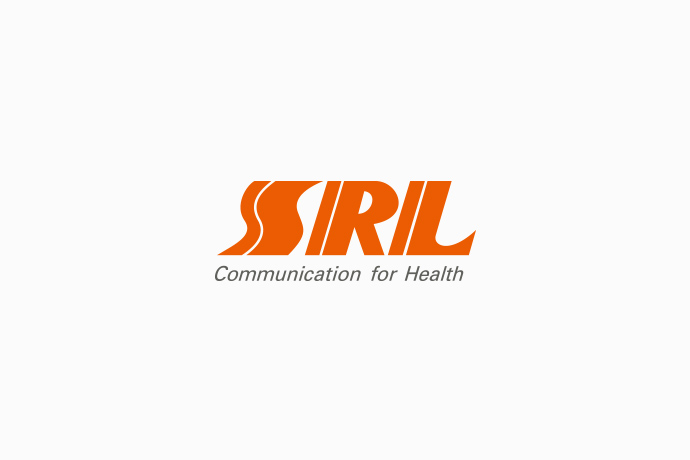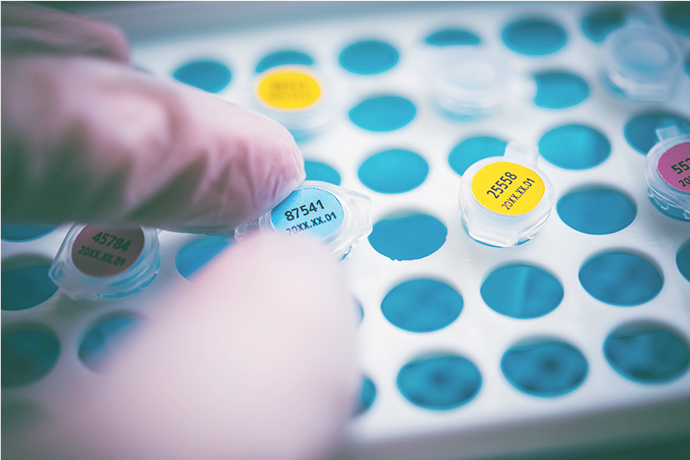Genetic Testing
The human genome project started at the end of 1980. This international project involved scientists and specialists from dozens of countries, and its goal is to decode the genome sequence in humans and many other species. Since it began providing a genetic testing service for the hepatitis B virus in 1984, SRL has participated in studies conducted by universities and university hospitals, and has cooperated with large-scale medical institutions in many joint studies.
Now recent studies have expanded to encompass bioinformatics and experimental-science approaches, so that the locations and functions of individual genes can be identified using the base sequence information. These studies have great socioeconomic significance, let alone their academic importance. They have prompted growing expectations for a “bio-industry” that includes genetic technologies. In recent years, issues concerning genes have appeared in newspaper articles on industry or healthcare on an almost daily basis.
Genetic testing brings both benefits and problems
Genetic testing is already used in the development of new drugs as a result of genome analyses. The future is likely to bring genetic testings for “tailored healthcare,” enabling patients to choose the most suitable treatment method or drug and to have drugs exclusively designed for themselves. Human genetic testing considerably benefits individual patients in diagnosing or treating genetic diseases, familial tumors, susceptibility to lifestyle-related diseases, and drug reactions. At the same time, however, the results of testings may also be reflected in relatives of the subject, which may lead to ethical, legal, and/or social problems. Because of this, human genetic testing needs to be approached with great care.
SRL's approach to genetic testing
This understanding had led to publications such as Ethical Guideline to Studies of the Human Genome and Genetic Analyses (Ministry of Education, Culture, Sports, Science and Technology, Ministry of Health, Labor and Welfare, and Ministry of Economy, Trade and Industry; 29th March, 2001) and Guideline to Genetic Screening (draft), issued by eight societies with an interest in medical genetics, including the Japan Society of Human Genetics and the Japanese Society for Familial Tumor (27th March, 2001). On April 1, 2001, the Japan Registered Clinical Laboratories Association published Ethical Guidelines for Contract Human Genome Screening, which serve as ethical standards for genetic testings conducted on behalf of clients. SRL published its own SRL Ethical Guidelines for Genetics in August 2001.
SRL has built the ethical framework and test system that enables us to provide human gene testing services. We deal with every instance of human gene testing very carefully.
SRL considers genetic testing from all perspectives
In addition to these commitments, SRL has held a Genetic Diagnosis Forum since 2000. Participants are not only doctors from medical organizations or representatives of companies engaged in related studies, but also include nurses, counselors, specialists in ethical and legal issues, media representatives, and people from many other industries.
SRL always views genetic testing from different perspectives, for example in terms of academic/technical information, as well as in terms of the legal, ethical, and cultural aspects of genetic diagnoses. With our unprejudiced concept of genetic testing, our approach to every instance of human gene testing is indeed very careful.










